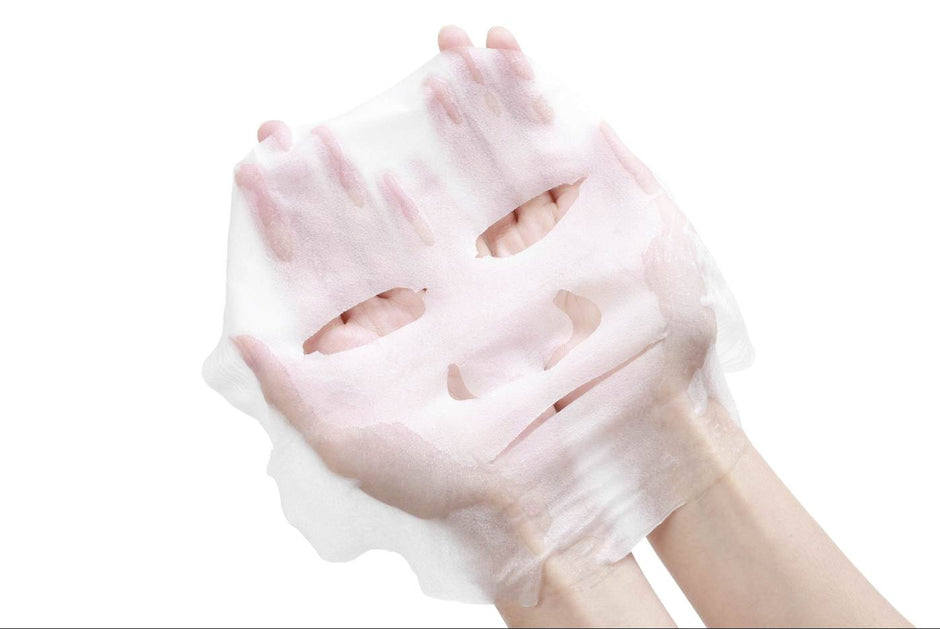By Liane Scior
Director of Education
Retinol has come a long way from its humble beginnings to become one of the most celebrated ingredients in the world of age management skincare. Its journey from medical discovery to beauty staple is fascinating and full of innovation. Today, retinol and its advanced derivatives offer brighter skin, fewer wrinkles, and more comfort than ever before, even for sensitive clients seeking gentler options.
From Medical Marvel to Skin Care Icon
Retinol’s story began in the 1930s when scientists first isolated it as part of the vitamin A family. Initially used for treating acne and certain skin conditions, retinol grew famous in the 1980s for visibly rejuvenating the skin and reducing the signs of ageing. In the 1990s, despite its impressive results, retinol developed a reputation for being harsh and often left users with irritation and peeling skin. But researchers and brands did not give up; they reinvented retinol to improve its stability, delivery, and comfort, leading to its current popularity as a safe and effective age management hero.
How Retinol Became Gentler and Smarter
Modern retinol formulas have become a skin care breakthrough, shifting away from harsh, irritating preparations of the past to advanced delivery systems that balance efficacy and comfort. Two of the most impressive innovations are micro-retinol and retinoate, which use sophisticated technology to transform how retinoids interact with the skin.
Micro-retinol: Gentle Steady Absorption
Micro-retinol refers to retinol particles that are micronized or broken down into ultra-fine sizes. This technology either uses microcapsules, microspheres, or micro-sponges to surround and protect the retinol until it reaches the skin’s surface. When applied, these micro-particles sense skin’s pH, warmth, and moisture, slowly releasing the retinol for steady, controlled absorption.
Micro-retinol systems dramatically reduce the risk of irritation and redness because the retinol is released gradually, not all at once.
Particle size influences how quickly retinol is delivered, the smaller the particle, the gentler and more sustained the release.
Some microcapsule systems, such as the Tegosphere or RetinSphere, retain retinol’s potency while delivering it efficiently, which means results build up without overwhelming the skin.
This controlled release also enhances stability, preventing breakdown from light and air exposure and maximizing long-term benefits.
Retinoate: Direct Action with Minimal Irritation
Retinoate, especially Hydroxy Pinacolone Retinoate (HPR), is a new generation retinoid designed to provide potent results without irritation. Unlike ordinary retinol, which needs several conversions before affecting the skin, retinoate binds directly and acts on retinoic acid receptors found in skin cells.
Retinoate is classified as an ester of retinoic acid and is the only cosmetic-grade ester able to mimic the action of prescription-grade retinoic acid directly.
By binding to skin receptors, retinoate skips metabolic conversion steps, offering rapid results for smoother, firmer, and more radiant skin.
Retinoate is much less likely to cause dryness or flaking, making it suitable for sensitive skin and those who struggled with classic retinol in the past.
Formulas often combine HPR with encapsulated retinol for both immediate and sustained action, giving visible anti-ageing improvements without sensitising the skin.

Why These Technologies Matter
The purpose of micro-retinol and retinoate delivery systems is not to flood the skin with retinoids, but to nourish it consistently and safely over time. As a result, clients can enjoy the visible benefits, such as fewer wrinkles, more even tone, and boosted radiance, with little fear of discomfort or downtime. Sensitive users can now access powerful anti-ageing results, while seasoned retinol users experience deeper, faster improvements than ever before.
Both innovations mark a dramatic leap forward in retinoid science, turning formerly tricky ingredients into everyday essentials for graceful, healthy ageing.
Ingredients that Pair Well with Retinol
Working together, certain ingredients can enhance retinol’s benefits or calm potential side effects:
Niacinamide helps strengthen the skin barrier and reduces redness, making it a perfect companion to retinol.
Hyaluronic acid delivers deep hydration to combat dryness and add plumpness.
Peptides support collagen production and help firm the skin.
Ceramides replenish and soothe, aiding long term barrier health.
Using SPF is non-negotiable, since retinol makes the skin more sensitive to sunlight.
Gentle Alternatives for the Ultra-Sensitive
Sensitive clients who want age management results without the risk can turn to several excellent options:
Bakuchiol is a botanical alternative hailed for delivering visibly smoother skin and improved tone, but without irritation.
Peptides and Niacinamide build strength and resilience for sensitive skin while also improving the look of lines and texture.
Vitamin C energizes and brightens, providing antioxidant protection and smoothing out uneven tone.
Polyhydroxy acids PHAs and AHAs gently exfoliate for luminosity without harshness.
Retinol esters like Retinyl Palmitate offer a mild, slow and steady effect, ideal for those who react easily.
The Future of Ageing Gracefully
Retinol’s evolution means clients can enjoy powerful age management without discomfort. Micro-retinol and Retinoate represent the latest breakthroughs, offering dramatic results in refined, gentle formulas. Whether paired with barrier boosters or replaced with sophisticated substitutes, innovations in retinol science guarantee radiant, healthy skin at every stage of the ageing journey.




